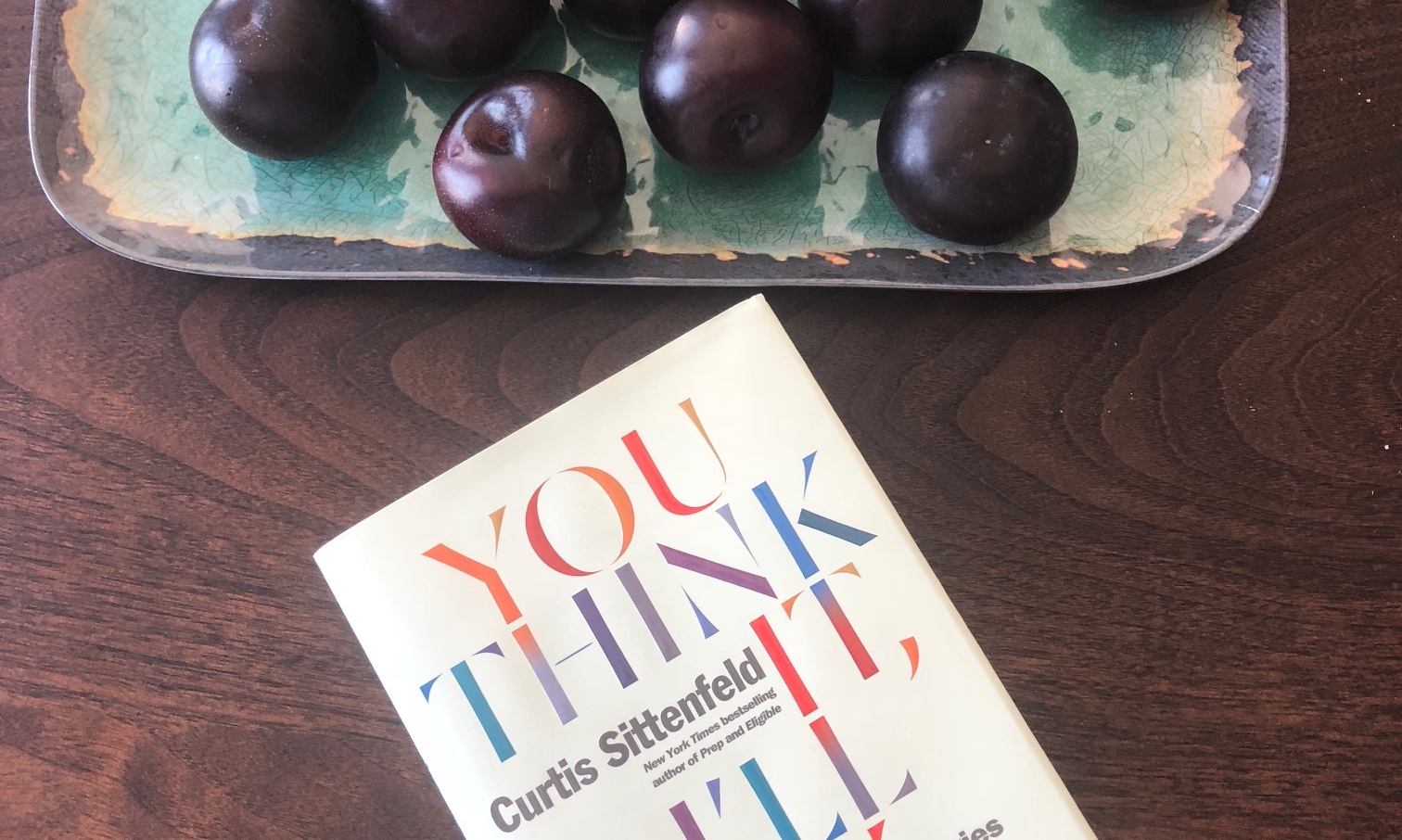a bookclique pick by Vanessa Kroll Bennett
Curtis Sittenfeld’s book of short stories, You Think It, I’ll Say it, is composed of the everyday stories of white, educated, middle-class women’s lives . The homogeneity of the various narrators and the ordinariness of the settings of the stories, in cities like Houston, St. Louis, Minneapolis, allow the reader to become immersed in small, personal narratives. As if to say, “there is nothing to see here” with respect to externalities, Sittenfeld dives headlong into the inner monologues of these women, characterized by petty grievances and deep hatreds, longstanding regrets and glimmering hopes, self-doubt and moral certainty.
Lest you imagine her protagonists are great heroines of the modern variety, be forewarned these are women as ordinary as you and I, going through the mundane tasks of making school lunches, refreshing Twitter feeds and attending soccer games. Through this banal lens, we begin to learn who the various narrators love, who they think they love, who they used to love and who they hate. Sittenfeld’s stories remind us of the small moments in our lives, many long since forgotten in the debris of our psyches, in boarding school parking lots and anonymous restaurants where we felt lonely, inadequate, and humiliated.
For some of her characters, those moments were simply blips of shame or poor judgment, while for others, those moments came to compose the substance of their lives. Hidden flashes of anger, lingering spite or even unexpected violence are the spine of their every day. In all the stories, however, we observe people measuring themselves against peers whom they admire or desire and finding themselves coming up short, every time.
Like life itself, Sittenfeld’s stories are never tied neatly with a bow at their conclusions. Often her characters tell us small secrets or share confidences only to return to their ordinary lives, not much worse for wear. The thread running through the stories in You Think It, I’ll Say It, is just what the title implies: we are all thinking, judging, hating, grieving, hoping inside our minds all the time, even when we seem perfectly content. Sittenfeld’s stories give voice to those thoughts in a way that feels both profound and perfectly ordinary.

